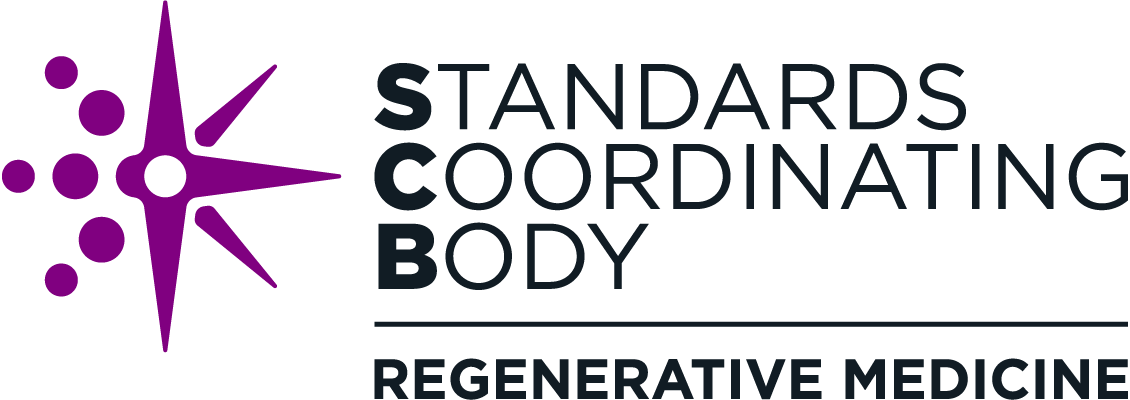Standards Development in Action: Autologous Cell and Tissue Therapy Labeling Standards
Challenge
With more than 1,000 clinical trials in progress, autologous cell and tissue therapies offer promising new avenues for treating life-threatening and chronic diseases and restoring the function of damaged organs and tissues. After donation, cells can travel across the globe and pass between dozens of different stakeholders before finally making it back to the original donor as a therapy. However, the labeling standards for these products were originally designed for one-way donation processes and do not account for the complexity of the autologous therapy supply chain. This fragmented process can result in the loss of information critical to product safety, as stakeholders often capture information in different ways at each step.
Solution
The team at Vineti—a digital cell and gene therapy traceability platform—is working with the Standards Coordinating Body (SCB) and industry stakeholders to address these challenges with more robust and specific standards. Their efforts include:
Promoting updates to existing labeling standards, including the ISBT 128 standard for the labeling of blood components (update completed in November 2020) and Commission Directive (EU) 2015/565 on the technical requirements for the coding of human tissues and cells
Advancing new standards to fill emerging needs specific to regenerative medicine, especially in the areas of chain of identity, chain of custody, and data acquisition
Educating the regenerative medicine community on the need for standards and the benefits of standards to both individual organizations and the whole community
To ensure that labeling standards can be implemented effectively as they evolve, Vineti is also harmonizing their software platform with current standards and seeking to fill some of the gaps that exist. Their goal is to create a uniform label formatting and record collection process to make it easier for stakeholders to apply standards broadly across the entire therapy supply chain.
Impact
Vineti’s work in advancing standards has strengthened:
Their company, by helping them align the development and implementation of their technology platform to the long-term needs of the industry
Their partnerships, by allowing them to deepen relationships with academic and industry thought leaders and professional associations
The regenerative medicine community, by fostering public trust in the safety and efficacy of emerging treatments, which in turn supports the future of the regenerative medicine field
Lessons Learned
Based on their experience, Vineti encourages stakeholders interested in supporting standards advancement to work collaboratively and think about needs across the entire therapy supply chain, not just at their organization’s specific step in the process. By considering how each step ties back to the overall patient experience, we can arrive at solutions that will allow these new therapies to gain the broad support and public confidence they need to flourish.
Get Involved in Standards Development through SCB
As a coordinating body, SCB helps streamline the standards advancement process by driving momentum, aligning stakeholder efforts, and helping projects overcome obstacles.
Individuals can provide feedback to SCB on needed standards or join SCB-coordinated projects to advance standards that benefit the broad regenerative medicine community.
Contact SCB today to get involved.




